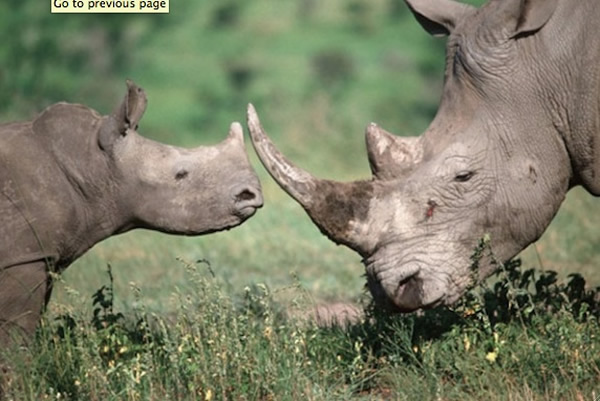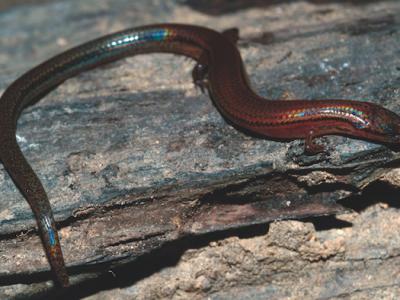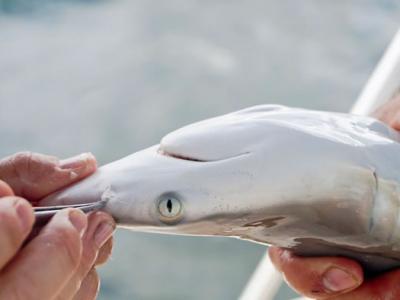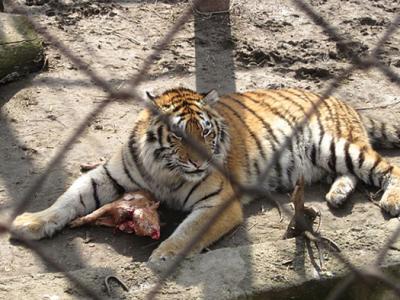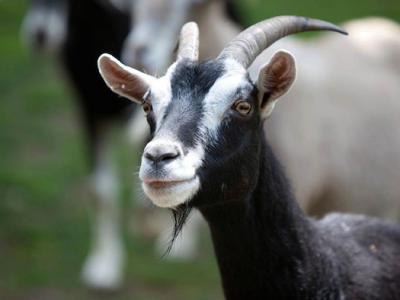South African Rhino Poaching Hits New High, Group Says
South African Rhino Poaching Hits New High, Group Says
Despite ongoing protection efforts, rhinoceros poaching continues to climb sharply in South Africa, the World Wildlife Fund said Friday.
New government estimates show that killings of South African rhinos for their horns has increased 50 percent since 2011 and nearly 5000 percent since 2007, according to the group, marking a new peak.
Last year, 668 rhinoceros were killed illegally in South Africa for their horns, a new high, according to the World Wildlife Fund, which studies wildlife poaching and illegal animal trade.
New hunting methods for the nearly 2,000-pound (900 kg) animals, including high-powered rifles, helicopters, and night vision goggles have eclipsed more traditional hunting tools such as bows, arrows, and spears.
“The African rhino is under serious threat from poachers who have intensified their search of rhino for their horns since 2007, driven by growing market demands in Asia,” Joseph Okori, the head of WWF’s African Rhino Program, said in a statement.
Rhino horns are so valuable in parts of Asia because of widespread belief that they cure diseases, especially cancer. In some areas, horns sell on the black market for a price comparable to cocaine in the U.S., the Associated Press reported.
South African biologists warn that illegal killing may threaten to outpace new births of calves, risking the extinction of some rhino species, including African black rhinos and Sumatran rhinos native to Asia.
While African rhinos are imperiled due to poaching, last year WWF ranked Vietnam the worst country for crime against wildlife, after poachers killed some of the few remaining of Vietnam’s prized Javan rhinoceros. They are considered the rarest large land mammal on the planet.
Still, despite some alleged government corruption and loose patrolling of protected areas, conservation efforts have shown some success protecting rhinos in many areas.
Last month, the South African and Vietnamese governments signed a treaty increasing enforcement of hunting bans and sharing information to crack down on offenders. Both countries have vowed to try to disrupt transit routes where bloody horns make it into the hands of Asian collectors.
Posted by Dan Stone of National Geographic Magazine on January 11, 2013
